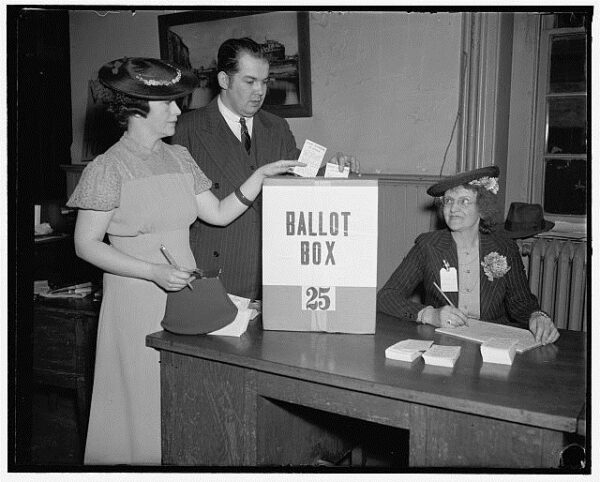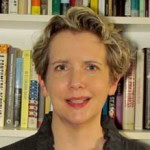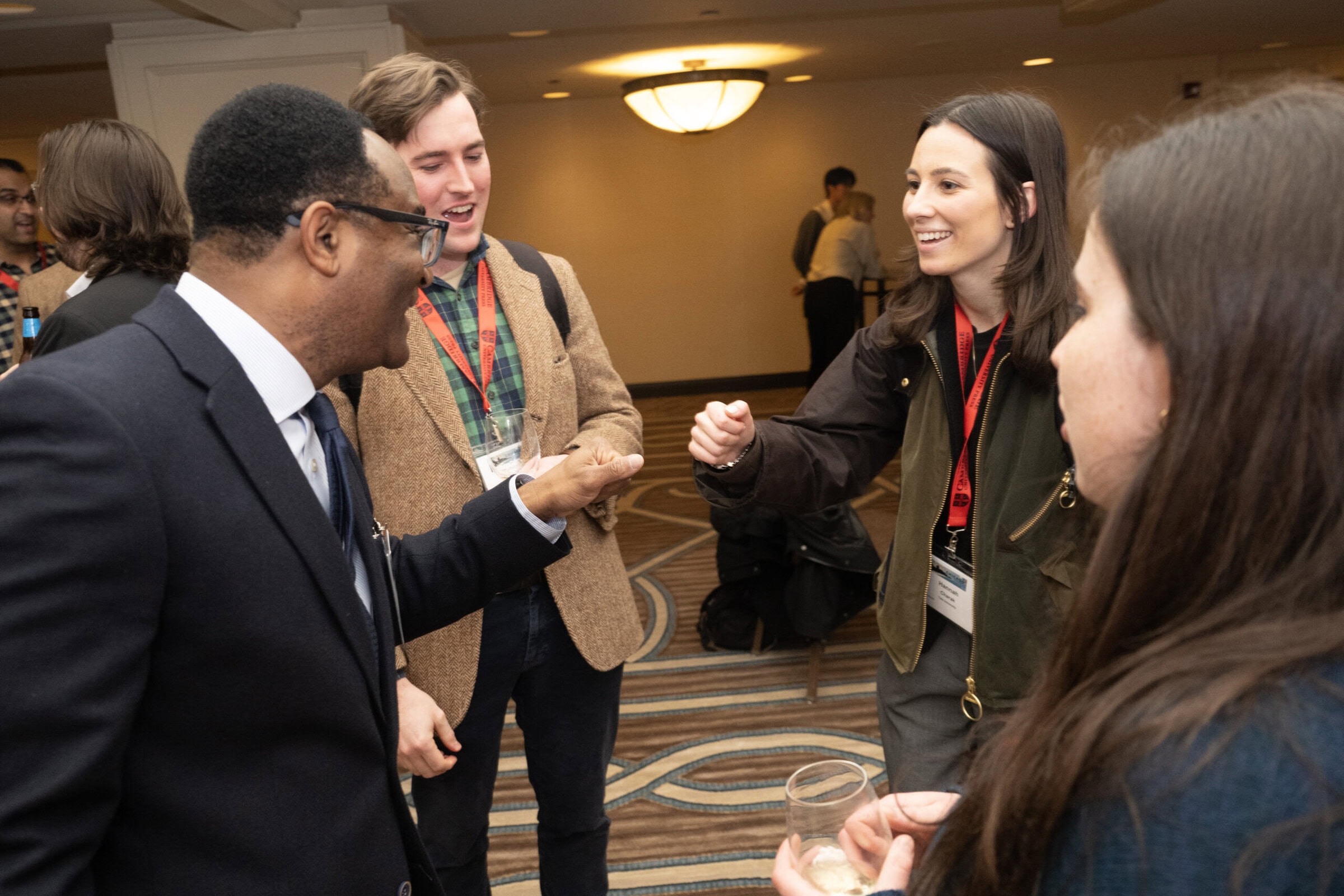
Washington, DC, residents cast their votes in 1938. Library of Congress
With the 2016 US election behind us, historians at AHA17 will both contextualize the outcome and debate professional responsibilities when engaging with politics. These sessions at the 2017 annual meeting can help make sense of the US election, from both domestic and international standpoints.
Plenary: The First Hundred Days: Priorities for a New US President
Thursday, January 5, 8:00–9:30 p.m. Plaza Ballroom A (Sheraton Denver Downtown, Plaza Building Concourse Level) Historians including Nathan Citino (Rice Univ.), Khalil Gibran Muhammad (Harvard Univ.), Margaret O’Mara (Univ. of Washington), Kenneth Pomeranz (Univ. of Chicago), Sean Wilentz (Princeton Univ.), and Anand Yang (Univ. of Washington) will address some of the pressing issues facing the new administration.
Session 61: Historical Expertise and Political Authority
Friday, January 6, 8:30–10:00 a.m., Mile High Ballroom 3B (Colorado Convention Center, Ballroom Level) Steven Conn (Miami Univ.), Stanley Fish (Florida International Univ. and Cardozo Law School), James Grossman (American Historical Association), Jacqueline Jones (Univ. of Texas at Austin), Heather Cox Richardson (Boston Coll.), and Jonathan L. Zimmerman (Univ. of Pennsylvania) will discuss the role of professional historians in election years.
Session 16: The Law of Nations and the Making of the American Republic
Thursday, January 5, 1:30–3:00 p.m.
Session 65: Popular Activism and Political Organizing in 20th-Century Mexico
Friday, January 6, 8:30–10:00 a.m.
Session 71: Shifts in Political Culture across 20th-Century Japan
Friday, January 6, 8:30–10:00 a.m.
Session 75: GI-Ville: Base Politics and Local Politics in Cold War Germany and Beyond
Friday, January 6, 8:30–10:00 a.m.
National History Center Session 3: Federal Government Historians and Historical Perspectives in Governance and Policy
Friday, January 6, 10:30 a.m.–12:00 p.m.
Session 115: Modalities of Modern Muslim Political Thought
Friday, January 6, 1:30–3:00 p.m.
Session 161: When the Moderate Republican Mattered: Moderate/Liberal Republicans and the Early 1970s
Friday, January 6, 3:30–5:00 p.m.
Session 178: The Moral Economy of Students: Protest, the Political, and the Quotidian in Student Mobilization
Saturday, January 7, 8:30–10:00 a.m.
Session 287: A Military Made by War: Power, Politics, and Personality in the Making of the United States Military
Saturday, January 7, 9:00–10:30 a.m.
Session 298: From Grassroots Activism to Power Politics: Human Rights Ideas and 20th-Century International Relations
Sunday, January 8, 9:00–10:30 a.m.
Session 299: Transnational Black Political Thought and Praxis since 1930
Sunday, January 8, 9:00–10:30 a.m.
Session 309: Are We Teaching Political History?
Sunday, January 8, 11:00 a.m.–12:30 p.m.
For more, check out the political history thematic track in our free meeting app.
This work is licensed under a Creative Commons Attribution-NonCommercial-NoDerivatives 4.0 International License. Attribution must provide author name, article title, Perspectives on History, date of publication, and a link to this page. This license applies only to the article, not to text or images used here by permission.

